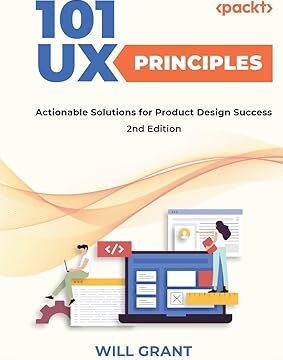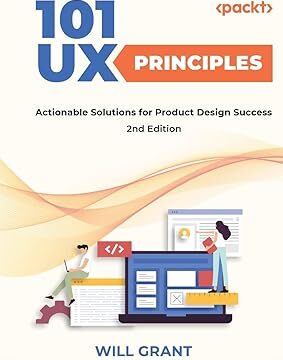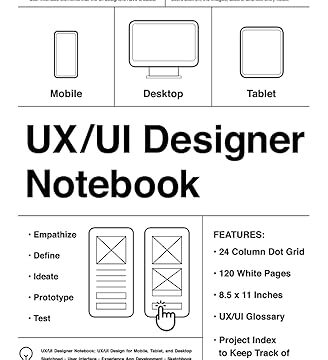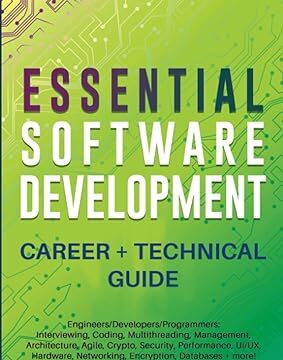The Autodesk® Inventor® 2024: iLogic guide teaches you how to use the iLogic functionality that exists in the Autodesk® Inventor® 2024.1 software. In this practice-intensive curriculum, you will acquire the knowledge required to use iLogic to automate Autodesk Inventor designs.
In this guide, you will learn how iLogic functionality furthers the use of parameters in a model by adding an additional layer of intelligence. By setting criteria in the form of established rules, you learn how to capture design intent, enabling you to automate the design workflow to meet various design scenarios in part, assembly, and drawing files.
Topics Covered
- iLogic functionality overview
- iLogic workflow overview
- Review of model and user-defined parameters and equations and their importance in iLogic
- Understanding the iLogic interface components (iLogic panel, Edit Rule dialog box, and iLogic browser)
- Rule creation workflow for Autodesk Inventor parts and assemblies
- Using variations of conditional statements in an iLogic rule
- Accessing and incorporating the various function types into an iLogic part, assembly, or drawing file rule
- Event Triggers and iTriggers
- Creating Forms to create a custom user interface for an iLogic rule
Prerequisites
- Access to the 2024 version of the software, to ensure compatibility with this guide. Future software updates that are released by Autodesk may include changes that are not reflected in this guide. The practices and files included with this guide are not compatible with prior versions (e.g., 2023).
- The class assumes a mastery of Autodesk Inventor basics, as taught in the Autodesk Inventor: Introduction to Solid Modeling guide. The Autodesk Inventor: Advanced Part and Assembly Modeling guides are also highly recommended.
- No programming knowledge is required to use the basic iLogic functions, but programming experience can be an asset when using advanced functions.












